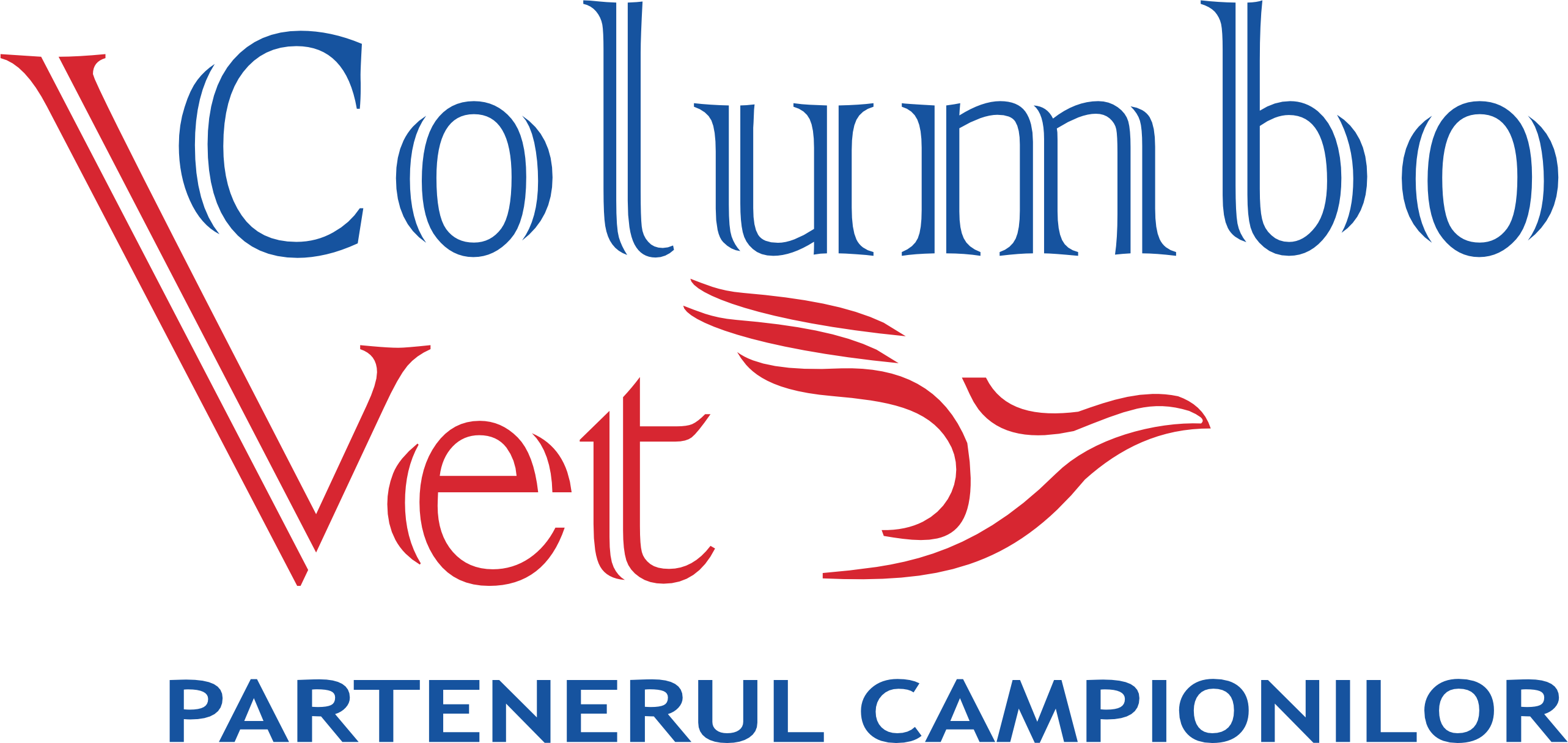There’s more to feeding than just grain and grit.
Nowadays, pigeon fanciers know that there’s more to feeding than just grain and grit. Certainly, grains are an excellent source of energy, protein, and fibre, but they are very low in the minerals, trace elements and vitamins required for the exertions of top racing and breeding robust youngsters.
For a long time, fanciers have used grit to provide the minerals in the diet of the racing and breeding pigeon, but only recently have they realised that shell grit does not contain all of the minerals and trace elements required for sustained racing and breeding success. Vitamins must also be added to the diet of the pigeon. The old timers understood this vitamin need from seeing the benefits of giving spinach and carrots to their birds. Today, most fanciers give vitamin supplements in the water or on the food.
The theory of nutrition for the pigeon is really quite easy to understand.
The fancier must give:
Grain for energy, protein and fibre.
Minerals grits, powdered minerals and trace elements.
Vitamins are usually given with trace elements in the water.
Extra energy, vitamins and protein can be given in the form of special oils on the food during the high energy times of racing and when the adults are feeding young.
Pigeons can survive on grain and grit alone, but they cannot reach the level of health required to withstand the pressures of racing or breeding. Eventually their health will fail under these extreme physical pressures. Good feeding will control most illnesses of pigeons. For example, there is a major increase in the minerals and trace elements required when the adult pigeons are feeding babies, but grit alone does not provide all of the necessary minerals and trace elements for continuing good health. Without mineral additives the end result is often egg laying problems, canker outbreaks and other illnesses. During racing there are increased needs for energy, protein and vitamins, as well as trace elements and minerals. The race team tires easy and is more susceptible to fatigue related respiratory and wet canker illnesses when extra vitamins and minerals are not provided.
The feed (grain) mixes do not provide enough vitamins and minerals for top performance. The fancier must select a feed mix that provides the energy and protein balance needed for the particular stage of the pigeon calendar. Breeding and moulting birds require a grain mix which is higher in protein, has a different essential amino acid balance than the pigeon in full training during the racing season. The feed mix requires at least six different grain types in the mix in order to get the best protein level and quality (i.e. balance of essential amino acids). The best quality of protein is seldom met and lysine (a very important amino acid for the pigeon) deficiencies are common in grain mixes with fewer than 4 grains. The protein quality of the grain mix can be improved by adding protein/amino acid supplements prior to feeding.
All grains are low in calcium (0.01- 0.20%) and sodium (20-600ppm). Phosphorous, copper, zinc, manganese, and selenium are also low in some grains. The vitamin concentrations in seeds are highly variable. Seeds do not contain vitamin A (corn provides carotenoids), or vitamin D. Vitamin E and vitamin K levels are low to undetectable. Among the B vitamins riboflavin, niacin, and pantothenic acid are often low and vitamin B12 is not present. This means that the vitamins, minerals and trace elements lacking in the grain must given to the pigeons in some form or other. Many fanciers use spinach and shell grit, but this is still not enough to balance the nutritional requirements of the athletic pigeon. Nowadays most fanciers add vitamin and trace elements to the water once or twice a week and provide the minerals in powdered or block form ad lib.
article by Dr. Rob Marshall
